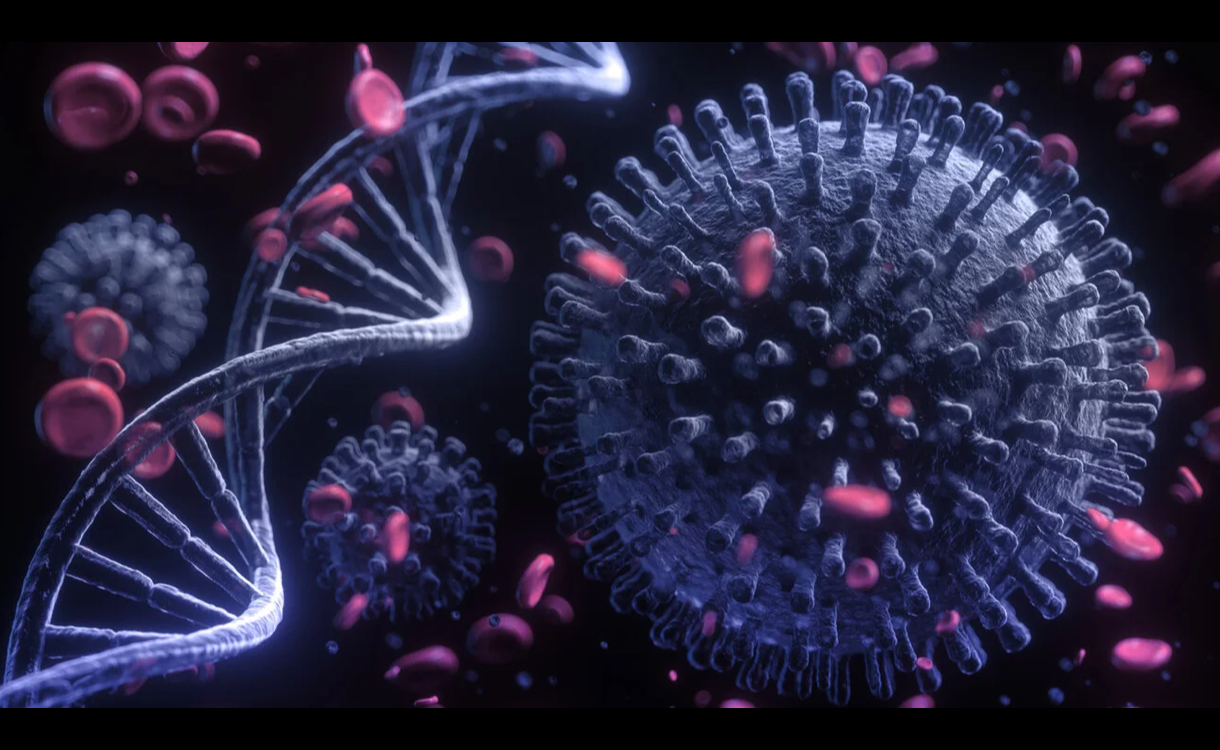Health experts fear the writing is on the wall for Sri Lanka to fall victim to a fourth surge of the Covid virus which they claim is already spreading silently. With the number of daily cases averaging between 1000-1500 and not falling below the baseline of 500 cases, the country is still riding the third wave which started at the end of April. However, if the number of cases rise by another 500 or so Sri Lanka will be on the cusp of the fourth wave.
The assessment of the Independent Expert Group, a collective of national medical specialists which met on the 24th of Julytogether with a team from the WHO to brainstorm the current Covid situation, is grim. ‘Sri Lanka is showing a progressive increase in daily reported cases during the past week which has been also confirmed by many specialists working in hospitals around the country. It includes an increasing number of the Delta variant which has been reported from various parts of the country. It is a serious situation that should be given attention by policy makers to save lives, protect vulnerable populations and maintain livelihoods’.
Throughout the pandemic, the country’s Covid numbers have been a questionable one. Medical observers point out that even now the number of Covid positive cases are 30- 40 percent more than what it is claimed to be, and this too is a conservative estimate. Figures released by the Epidemiology Unit of the Ministry of Health said there were 27, 126 patients in medical care up to yesterday. The limited number of PCR tests that are carried out which do not reflect the ground reality is one reason for the under reporting. Government and private hospitals have the capacity to carry out 18, 000 and 4000 PCR tests every day with significant fluctuations to these numbers. PCR testing is also limited to those who show symptoms, close contacts and voluntary screenings. There is no community testing.
Laboratory tests which are used to project trends are showing upward figures. The number of samples testing positive for Covid which was over 11-12 percent and started to decrease with the lockdown have started to rise and so has the R0 value. The Independent Group point out how increased mobility and mass gatherings after the lockdown was relaxed have the potential to be virus breeding settings. They recommend they are stopped immediately and call for enforcement of Covid control regulations.
Experts have already predicted that the dominant strain in another surge will be the Delta variant which is 60 percent more virulent, is more transmissible and has a shorter incubation period. Because of this it spreads undetected and before steps are taken to prevent the spread. Along with a higher number of infections the patients who arrive in hospital have severe symptoms.
‘We don’t know the extent of the spread of the Delta variant because the process to detect it is a complex one’, says Vinya Ariyaratne. He is a specialist in community medicine and is the President of the Sarvodaya Movement. ‘So far, we are aware of a few cases. Nor do we know about the Lambda variant which was found in South America’. The Independent Expert Group warns that Sri Lanka must take the Delta variant seriously. They recommend the country learnsfrom the experience of other countries and the challenges with the transmissibility of the virus.
As the virus morphs, variants which will be more virulent and transmissible will arise. The public health measures which will have to be followed to fight these strains will be the same irrespective of the strain. An early warning indicator will be to carry out frequent genome sequencing which currently is done only once a month at the University of Sri Jayewardenepura. This facility should be expanded to areas out of Colombo to allow for a greater number of samples to be collected and tested.
Among the other recommendations of the Independent Expert Group are the selection of vaccines that protect from the virus because ofits potential to escape the vaccine. They also suggest that the use of the vaccine is optimized depending on the immunogenic response of the target population. For example the Sinopharm vaccine which is said to be less immunogenic in the elderly is more suited for the younger population while the Moderna is recommended for the elderly and those with co morbidities. The group also suggests the strengthening of data collection and the expansion of case management facilities.
The Independent Expert Group consists of Dr Nihal Abeysinghe, President of the College of Community Physicians, Dr Vinya Ariyaratn,e a community health specialist, Professor Asita De Silva who is the President of the Association of Clinical Pharmacology and Therapeutics, Dr Rajiva De Silva, head of the Department of Immunology at the MRI, Dr LakKumar Fernando, President of the Association of Medical Specialists, Dr Padma Gunaratne, President of the Sri Lanka Medical Association, Professor Saroj Jayasinghe, Consultant Physician at the University of Colombo, Professor Indika Karunathilake former President of the SLMA, Professor Neelika Malavige, head of Department of Immunology and Molecular Medicine at the University of Sri Jayewardenepura, Professor Malik Peiris, Chair School of Public Health at the University of Hong Kong, Lalini Rajapaksa, Emeritus Professor of Community Medicine at the University of Colombo, Athula Sumathipala, Professor of Psychiatry at the Keele University and Professor of Global Mental Health at Kings College, Manuj Weerasinghe, Professor of Community Medicine at the University of Colombo, and Dr Ananda Wijewickrema past president of the College of Physicians. The WHO team which was present consisted of Dr Alaka Singh who is the WHO representative in Sri Lanka, Dr Paba Palihawadana, Dr Olivia Nieveras, Dr Sapumal Dhanapala, Dr Padmal De Silva and Dr Palitha Abeykoon who is the WHO Director General’s Special Envoy for Covid 19 Preparedness and Response for SEAR.(SW)





